By Ghadeer Ghloum
KUWAIT: Sustainability is a critical issue that concerns the well-being of our planet and its inhabitants. As our population grows and consumes more resources, we face an urgent need to raise awareness about sustainability and encourage individuals, businesses and governments to take action.
Sponsored by Kuwait Times and Kuwait News, a ‘Savor the Taste’ event took place at ARGAN Bedaya on Saturday to encourage sustainable living habits in Kuwait. The event focused on raising awareness about sustainability and educating ourselves and others about the consequences of our actions.
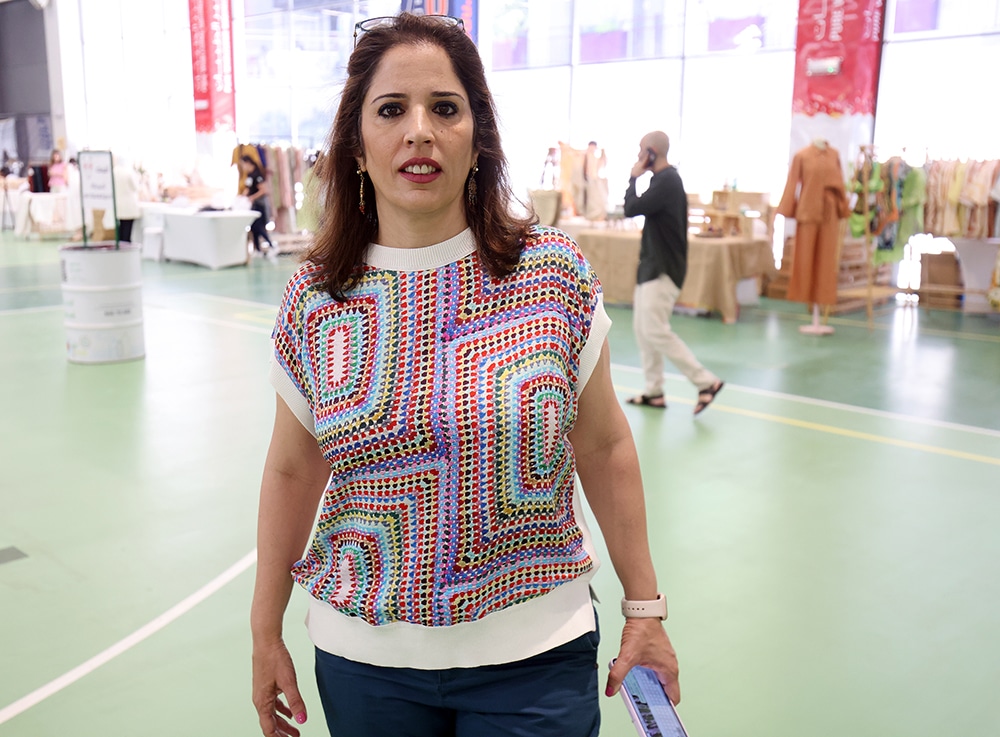
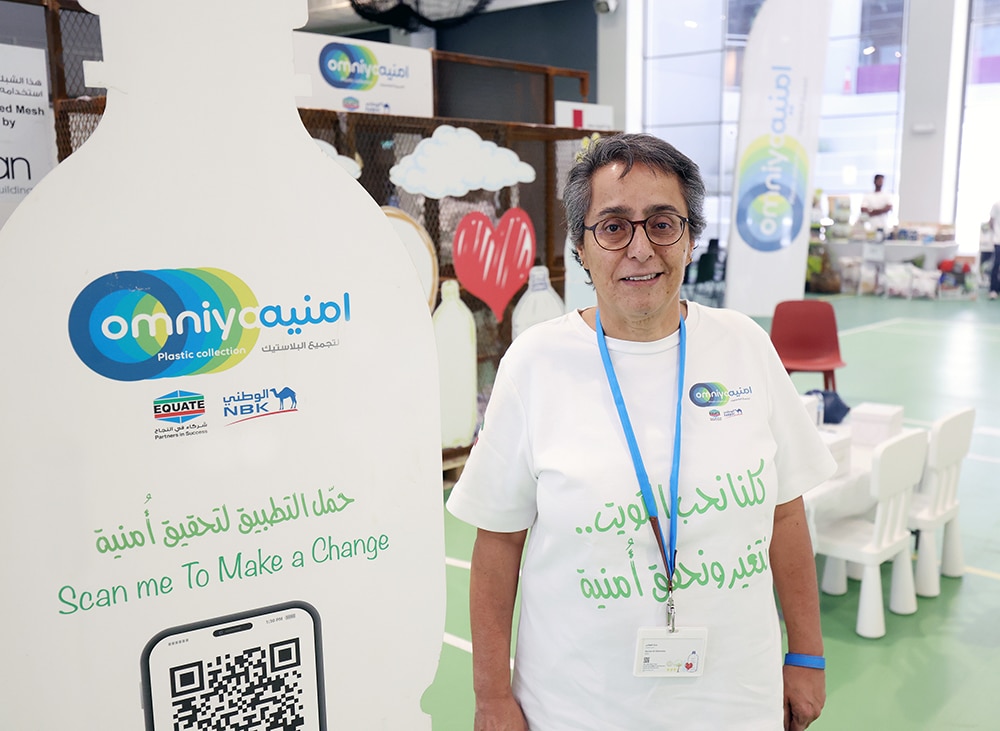
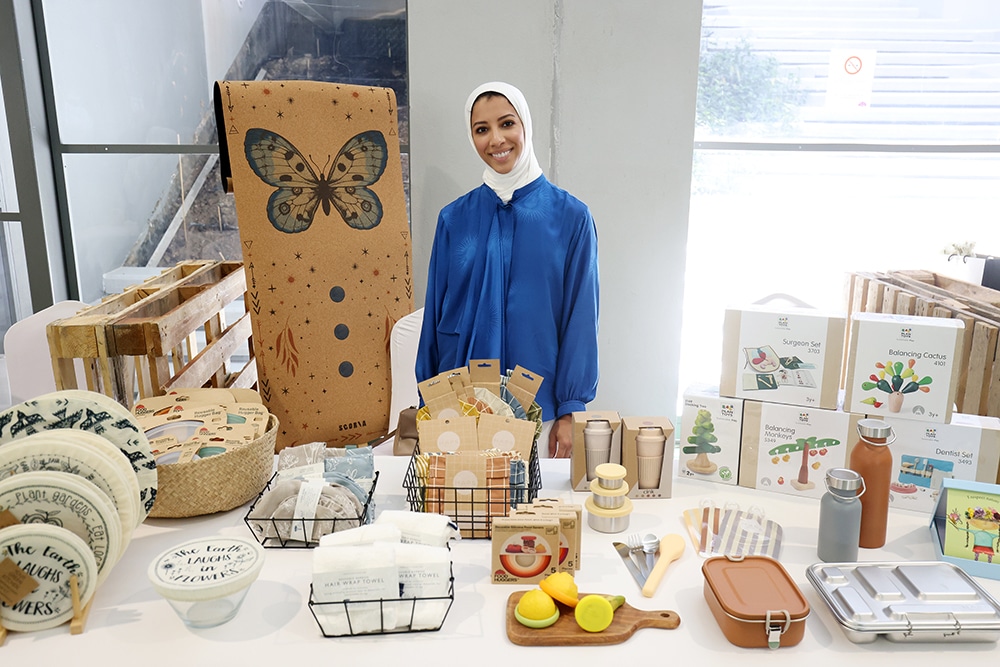
We must understand the impact that our daily habits, such as consuming water, energy and other resources, have on the environment. We must learn about how our actions contribute to climate change, pollution and environmental degradation. One of the areas that has been identified as a major contributor to sustainability is food waste, which creates a major problem in our modern society. Thus, encouraging sustainable living with regards to food waste is an important step towards a more sustainable future.
The event, part of the ‘Planet to Plate’ exhibit, included several participants who embraced sustainable habits, encouraging people to rethink their unsustainable consumption. “The event aims to raise awareness on a particular issue that Kuwait unfortunately does not have a very good recognition of, which is food waste and the impact of food production on the planet,” environmental specialist Samia Al-Duaij told Kuwait Times. When food goes to waste, all the resources that were used to produce it, such as water, energy and land, go to waste as well. By reducing food waste, we can reduce the environmental impact of food production.
Duaij highlighted the issue of unsustainable food consumption. “In terms of food production, agriculture is one of the most carbon-intense industries globally, including cutting down the Amazon rainforest to turn the land into agricultural land to grow cattle fodder. So, we are not even growing food for humans, but for animals. You are removing trees and sources that absorb carbon. You are encouraging unsustainable growth in cattle industries. In Kuwait, we already face an issue of food waste, as the average person discards 95 kilograms of food annually,” she explained.
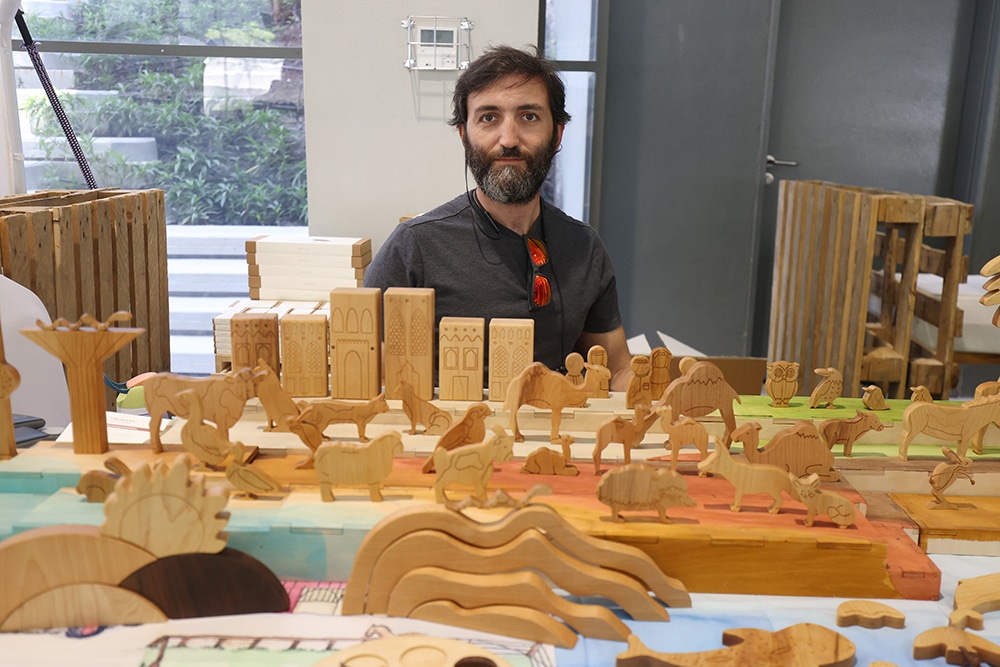
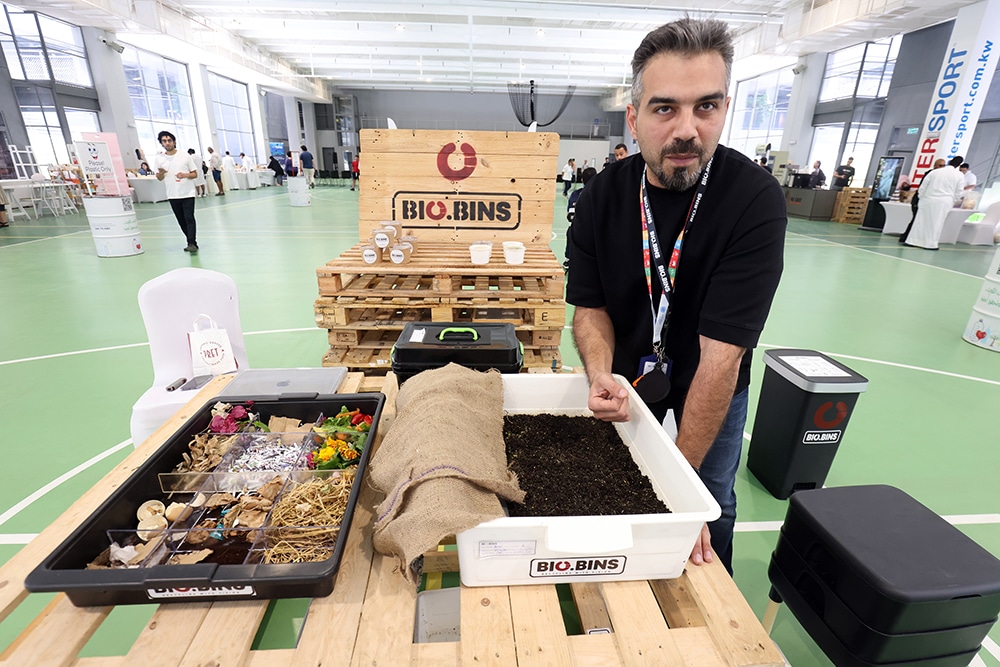
The event highlighted this issue to the public. Sustainable vendors were invited to make people rethink their choices and offer them sustainable alternatives. Panel discussions were also held, where experts on food waste and food technology were invited to talk about solutions and the future of food in 30 years. Chefs were also invited to cook using sustainable ingredients and show people how to cook sustainably without wasting food.
Kuwait Times met some of the participants at the ‘Savor the Taste’ event, including Aziz Dashti, a graduate of University of Denver and a participating chef, who showcases sustainability in cooking and providing the best ways to use fruits and vegetables by reducing the amount of food waste. Rawan Al-Naeimi focuses on finding sustainable and ecofriendly alternatives to everyday use and single-use products. Naeimi displayed products that could reduce food waste in our kitchen, ecofriendly toys for children and ecofriendly lunch packs.
Ali Al-Amir works on recycling and composting organic products such as coffee, tea, eggshells and paper to feed earthworms that consume these products and improve the soil. Amir focused on promoting ecofriendly solutions by managing and recycling organic waste and spreading awareness about sustainable practices, with the goal of building a more sustainable future.
Khaled displayed wooden toys for children that use all-natural wood and natural oil, making the products completely natural. Also, the packaging is 100 percent recycled, which supports sustainability. Abdullah Al-Juma’a sells organic foods and beverages in glass containers rather than plastic, like Ali and Fatima, two other participants at the event who completely avoid plastic in packaging their food products.
Kuwait Times also spoke to Sana’a Al-Qemlas, one of the founders of the Omniya project that revolves around securing a sustainable and livable future. “We are creating a system that serves society and the state. The idea of this project is that we created an app that registers points for users who donate plastic bags. There will be a rewards system very soon for the point collectors. Our aim is to reduce the impact of plastic on the environment, and people who adhere to this will be rewarded. We are trying to make this behavior part of people’s lives through this app,” she said.
“To raise awareness about sustainability, we must engage with a wide range of people, businesses and governments. We must communicate the urgency and importance of addressing sustainability issues and offer practical solutions to help people take action,” Qemlas said. Through the app, she believes Omniya can make significant progress in creating a more sustainable world for future generations. Qemlas added Omniya is mainly supported by the private sector. “The private sector seems to be believing in sustainability and working on it,” she pointed out.




